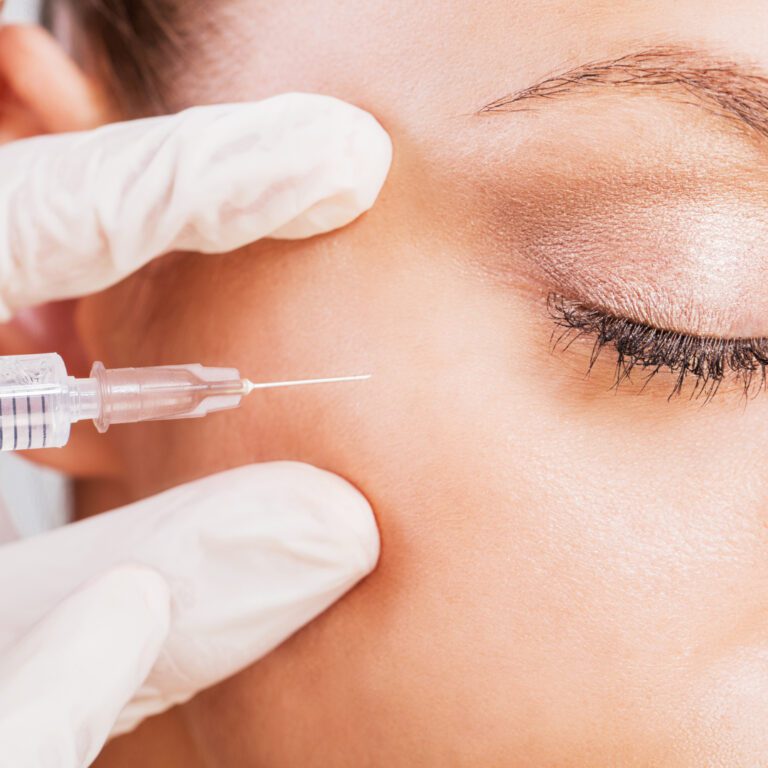You’ve decided you need cosmetic surgery. You’ve done your research (think: Google), you know the pros and cons, weighed the risks, now it’s time to schedule the surgery and be done with it, right? Hmm… not so fast!
Any reputable and trustworthy cosmetic surgeon would never make a single incision without talking about the procedure with the patient first. For you, the patient, this consultation is your time to make sure you feel comfortable with the surgeon and get all your concerns out in the open.
You can ask any question during the consultation about the surgery you want. But some questions are more important than others.
Here are five questions that should be at the top of your list.
- What are your qualifications as a cosmetic surgeon?
The key here is to find out if the doctor is board certified in cosmetic surgery. Being board certified means that the doctor has done a lot more than just taken a test. The American Board of Cosmetic Surgery (ABCS) is the certifying body that sets the standards for surgeons in the field. For the ABCS to certify a doctor, that doctor must do a lot more than just graduate medical school. They also must:
- Spend one year training in cosmetic surgery.
- Perform at least 300 procedures of the face, breast, and body.
- In-depth training on Botox, fillers, laser resurfacing and skin care.
- Pass a rigorous two-day oral and written test that covers all aspects of cosmetic surgery.
The kind of training ABCS-certified doctors receive will not only ensure you get the results you want, but will also protect your safety. Once you know your doctor is a board certified cosmetic surgeon, you can move on to the next question.
- Do you specialize in the procedure I want?
Most surgeons specialize in a few procedures. If you want a facelift, for example, and the surgeon your consulting with focuses on breast augmentation, you might want to find someone else.
You should also ask to see examples of their work. Cosmetic surgeons will take before and after pictures of their patients to measure the results. With the patient’s permission, these pictures can be used in his/her portfolio. These pictures will not only show you the results from previous patients, but they will also give you a better sense of the surgeon’s aesthetic style.
- Who will administer my anesthesia?
Unless you want to be awake while the surgeon cuts you open, some kind of anesthesia will be administered. The kind of anesthesia and the amount will greatly depend on the kind of procedure you are having. Sometimes you’ll be put into a “twilight” sleep where you can still answer basic questions, but won’t remember much after the surgery is over. Other times, for more invasive procedures, you’ll be put under general anesthesia. In other words, it’ll be lights out!
Find out who will be in charge of your anesthesia. Will it be the surgeon? Or will a board-certified anesthesiologist be monitoring you? Also ask what anesthesia drugs will be used. What are their side effects? Be sure to tell the surgeon about any past experiences with anesthesia, especially if you had a bad reaction to a particular drug.
Knowing all this in advance will help put you at ease and take away some of the pre-surgery anxiety.
- What is the recovery like for this procedure?
You’ll want to get on with your life as soon as possible after surgery. Ask the surgeon what’s the average recovery time is and how they manage post-surgical pain. Find out the restrictions you’ll be under while you recover. For example, you might not be able to exercise or take certain medicines (especially blood thinners). What about your job or childcare?
Ask about the type of follow-up care the surgeon provides. How often will he/she need to see you in the weeks following your surgery?
These questions will give you a valuable insight into what your life will be like post-surgery.
- How much does this surgery cost?
Cosmetic surgery usually isn’t covered by insurance in the United States. Therefore you should plan on paying for the bulk of it out of your own pocket. And don’t forget you will also be paying for the follow-up care you receive as well. The doctor should be able to provide you with a detailed price quote during your consultation.
Remember, cheaper isn’t always better. In fact, when it comes to surgery, never go with the cheapest option because you don’t know what kind of corners they’re cutting. Do your research before your consultation and find out what your procedure should cost. This will give you a good starting point when talking about price.
If the price is on the higher side, ask if the doctor has payment plans available (most do). When are you expected to pay? Most cosmetic surgery practices have staff available to discuss payments with you and your financing options.
Make sure before you make any commitment to a surgeon, you get the cost and payment plan in writing.
There are a lot more questions you should ask
These five questions are just a jumping off point for your consultation. Don’t be afraid to dive into the details with your surgeon. If he/she is hesitant or doesn’t want to answer certain questions, walk away. It’s your body and health at stake. There are no shortcuts.
If you think cosmetic surgery is right for you, call us to schedule your free consultation. We’ll answer all your questions (and then some!) and discuss what procedure is right for you.




